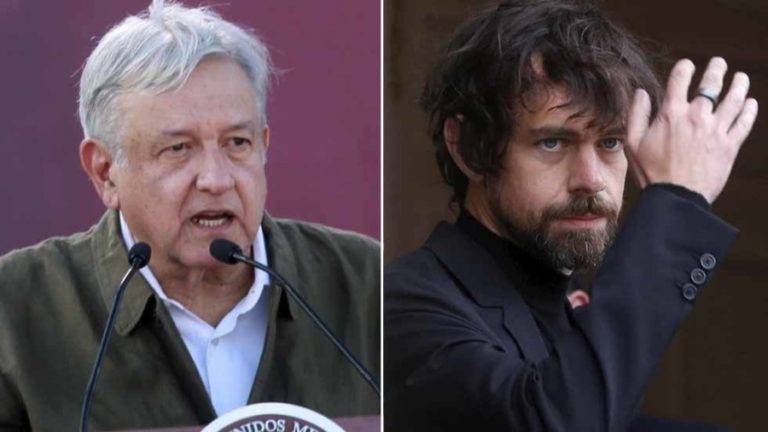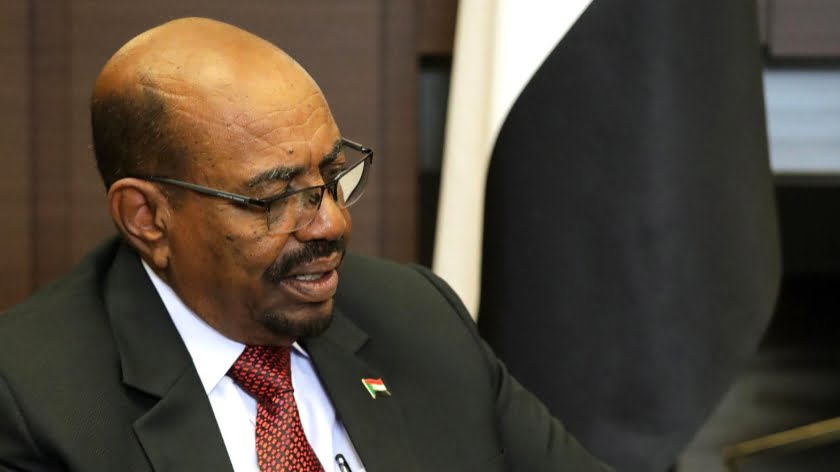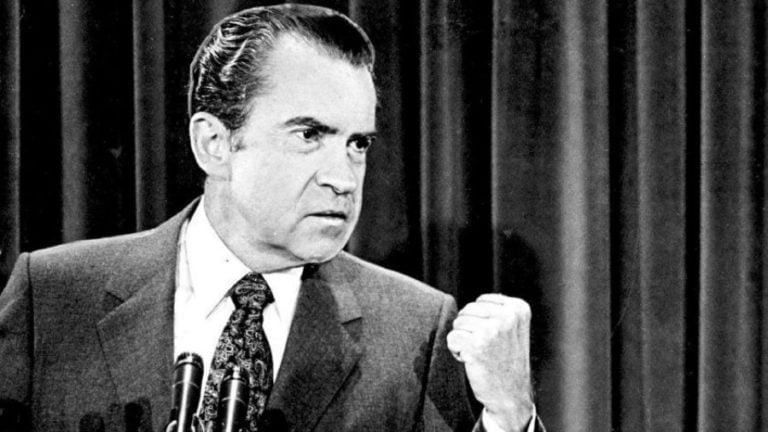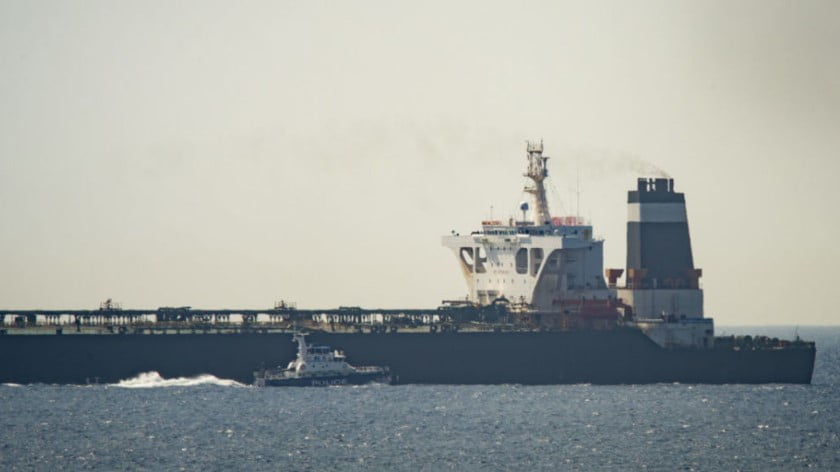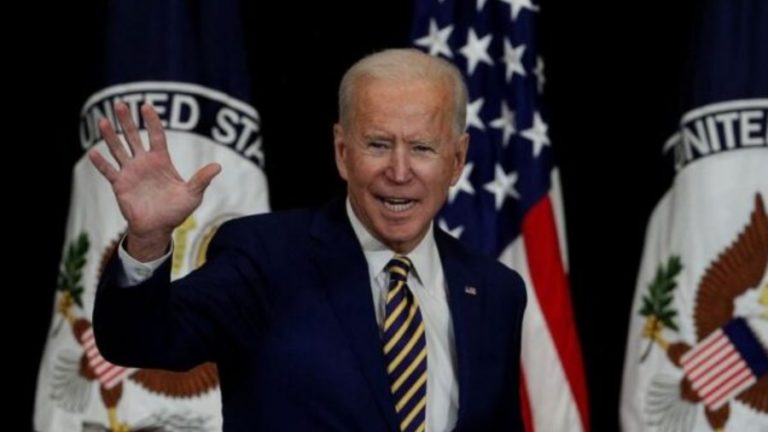‘Druzhba-2017’ Exercise: Prospects for New Era in Russia-Pakistan Relations
Russia and Pakistan, the two Cold War rivals, are holding joint military exercise “Druzhba-2017” (September 25-October 4) in Russia’s North Caucasus. The September 25 opening ceremony in the village of Nizhny Arkhyz was attended by 200 troops and special forces commanders from both countries, Pakistani General Saeed Alamdar Houssein Shah said the exercise was “of great importance” to both Islamabad and Moscow. The drills would enhance cooperation in counterterrorism operations, hostage liberation, and search-and-rescue operations.
Russia and Pakistan conducted their first joint exercise in September 2016 – dubbed as “Druzhba 2016” – in the mountains near the Pakistani village of Cherat between the cities of Peshawar and Rawalpindi. The training events stem from a defense cooperation agreement the two countries signed in 2014 after a Russian embargo on arms sales to Pakistan was lifted. In 2015, Pakistan and Russia finalized a deal for four Mi-35 attack helicopters. Pakistan is interested in acquiring more military gear from Russia, including Su-35 combat jets. Islamabad, according to local media reports, has also shown interest in purchasing the Russian S-400 missile defense system. Russian Navy’s largest anti-submarine warfare ship Severomorsk arrived in Pakistan for participation in the Aman 2017 international naval exercises in February 2017.
“Druzhba-2017” is taking place ahead of Pakistan Army Chief Gen Qamar Javed Bajwa’s visit to Moscow on October 4 – the final day of “Druzhba-2017”. The Pakistan’s Foreign Office has said that the visit will set the stage for “translating political goodwill into a substantial partnership, in particular, in the field of defence”.
On September 27, China and Pakistan concluded a nearly three-week long joint air force exercise dubbed “Shaheen-VI”. The event commenced in China on September 7, which is celebrated as Air Force Day in Pakistan. According to the Voice of America, “Pakistan’s deepening political, economic and defense ties with traditional ally China and its emerging new alliance with Russia come amid Islamabad’s increasingly uneasy and strained relations with the United States.”
The Russia-Pakistan relations do not boil down to military cooperation only. On October 16, 2015, the governments of Russia and Pakistan signed an agreement on cooperation in the construction of the ‘North-South’ gas pipeline (from Karachi to Lahore). This agreement may help both countries boost the bilateral trade with the Russian investment of $2 billion in the project.
The US-Pakistan relations are going through hard times having deteriorated over a number of issues. The Trump administration has held back previously promised military aid of $255 million to Pakistan by attaching new conditions, which, the State Department says, will allow it to review the level of its cooperation with Islamabad before making new commitments. “The dueling messages sent to Pakistan — promising aid but attaching strings if the country’s counterterror efforts fall short — are part of an increasingly confrontational turn in an alliance that has long been strained,” commented The New York Times.
On August 21, President Trump came down hard on Pakistan in his speech outlining America’s new Afghanistan and South Asia strategy. State Secretary Rex Tillerson warned Pakistan it could lose the privileged status of US major non-NATO ally if it continues to give safe haven to Afghan militant groups.
On August 30, Pakistan’s National Assembly passed a resolution over Trump’s remarks. Pakistan’s Foreign Minister Khawaja Muhammad Asif, who had been scheduled to visit Washington, cancelled the trip, saying he would be visiting Russia, China and Turkey instead. The Pakistani government cancelled on August 26 the visit to the country of Acting Assistant Secretary of State for South and Central Asia Alice Wells. A wave of anti-American protests hit Pakistan.
Deterioration of the relationship with the US pushes Islamabad to develop its relations with Moscow and Beijing. On June 9, Pakistan and India became members of the Shanghai Cooperation Organization (SCO), joining the Tashkent-based Regional Anti-Terrorism Structure (RATS). Pakistan and Russia have conducted a series of consultations on Afghanistan.
The SCO membership involves intelligence – sharing, counter-terrorism operations in Central Asia. The organization is a platform for the leaders of Russia and Pakistan to meet regularly. It annually brings together heads of states to discuss regional security issues and inter-regional cooperation. The SCO is gradually moving to the establishment of an economic integration union, including the creation of a free trade zone, bank and fund for development and strengthening of transport cooperation. According to Russian President Vladimir Putin, linking the SCO with the Eurasian Economic Union, the Belt and Road, and the Association of Southeast Asian Nations could “build the foundation for a larger Eurasian partnership.”
India and Pakistan have a history of conflict and are at loggerheads over security issues. The membership will help build bridges. Being friendly with both countries, Russia is well positioned to play the role of mediator.
Pakistan is also interested in signing a free trade agreement with the Russia-led Eurasian Economic Union (EEU). There is a huge untapped potential for bilateral cooperation in all spheres between Russia and Pakistan. The countries have a shared interest in collectively addressing some of these important challenges, including countering terrorism, drug trade and bringing stability in Afghanistan. This relationship can ultimately lead to regional economic integration. “Druzhba-2017” is a big step on the way of developing cooperation between the two countries.
By Peter Korzun
Source: Strategic Culture



